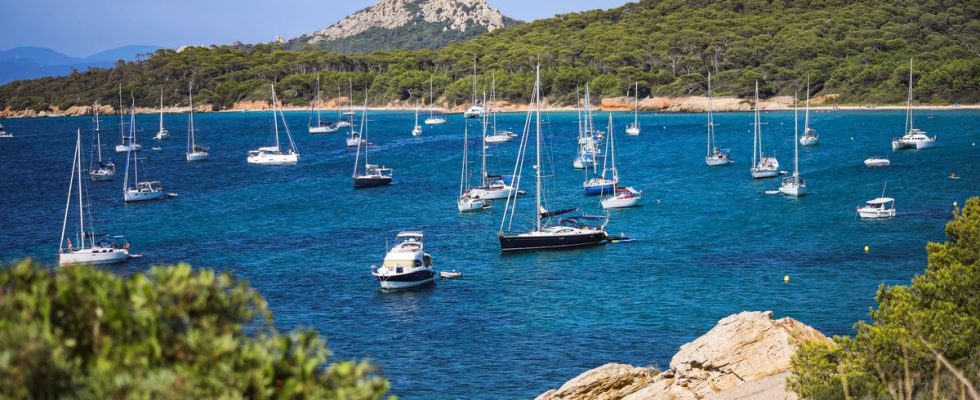Only 6,000 lucky people will have the right to visit the islands of the Port-Cros national park (Var), of which Porquerolles is a part, every day this summer. For the third consecutive year, attendance in this area will be limited to 6,000 visitors per day from the end of June to August 31, the metropolis of Toulon announced on Monday. The goal: to protect the environment. This measure also aims to limit mass tourism in order to “maintain a quality tourist experience”.
“The regulation of access to the island of Porquerolles is a step forward for the protection of the environment but also for the guarantee of a quality island experience”, told AFP Jean-Pierre Giran, president of the Toulon-Provence-Méditerranée Metropolis and Mayor of Hyères. “The actors in charge of the environment and the economic actors as well as the summer visitors seem satisfied in their vast majority by this innovative device”, he added.
Faced with mass tourism
A “boatmen’s charter” limits by contract the number of passengers using the public maritime transport service by shuttle. On the other hand, this control will be difficult to apply for private boaters whose dozens of boats anchor off the beaches of these islands.
Faced with mass tourism that it struggled to limit, this national park located on the Côte d’Azur, which includes the islands of Porquerolles, Port-Cros and Levant, considered among the most beautiful in the Mediterranean, had in 2021 established attendance quotas. The island of Porquerolles has suffered for several years from a chronic lack of drinking water, forcing the Var authorities to transport it each season using tanker rotations.
Such initiatives imposing visitor quotas have multiplied in recent years in order to limit the overcrowding of certain sites. In Marseille, for example, a calanque had introduced a compulsory reservation system for the summer of 2022, a device renewed this summer. The town of Crozon (Finistère) is trying to do “counter-advertising” to prevent the public from going to one of its beaches, considered one of the most beautiful in Europe.

